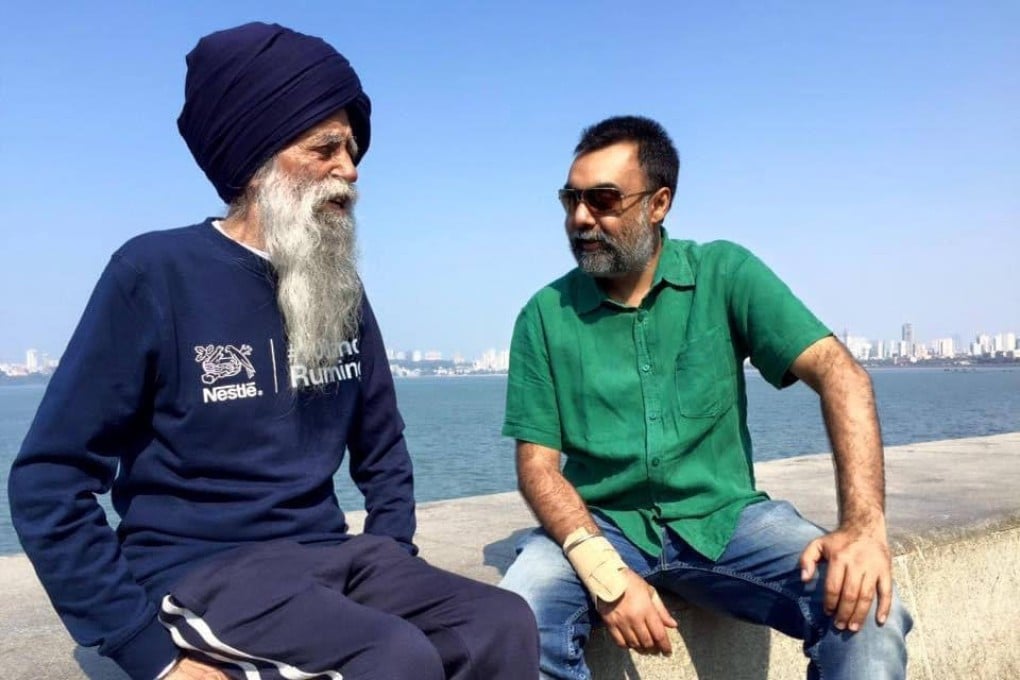Global Sikh Trail: Indian author documents success stories to counter rise in hate crimes
- The Global Sikh Trail aims to promote knowledge and understanding of Sikh culture, and dispel the stereotype of Sikhs being ‘separatists and terrorists’
- Prominent Sikhs such as former Indian PM Manmohan Singh are featured on the site, with the hope their achievements will serve to inspire the community

In 2003, when 92-year-old Fauja Singh was about to run a marathon in New York, some onlookers called him “Osama bin Laden” because of his turban and beard. Despite being unwell, Singh, a Sikh by religion, proved his mettle by completing the marathon in seven hours.
Singh collapsed at the finishing line, but fought to stand up again before receiving first aid, as he did not want pictures of a collapsing Sikh in the media. “Sikh pride was at stake,” he said.
Singh’s story is featured in The Global Sikh Trail, an online repository that aims to promote knowledge and understanding of Sikh culture through sharing stories of struggle and resilience, and dispel the stereotype of Sikhs being “separatists and terrorists”.

The site, launched in 2017 by Indian author Khushwant Singh, is part of efforts to counter rising hate crimes against the 30-million-strong Sikh community in countries such as India, Britain and the United States.
Khushwant Singh – who previously wrote Sikhs Unlimited documenting the achievements of Sikhs in the US and Britain – says the website is an “open source” platform about the successes of contemporary Sikhs in fields including technology, the arts, medical science, politics and finance.
The September 11 attacks had marked a rise in anti-Muslim sentiment, and Sikhs, who are often confused with Muslims because of their turbans and beard, have also been forced to deal with a growing spate of hate crimes.
Sikhs in India have been called “Khalistani” separatists who want a sovereign state to be carved out of India and Pakistan. In the 1980s and 1990s, thousands of Sikhs were killed during an insurgency movement in Punjab state.
